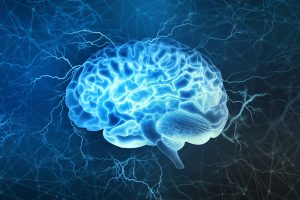A training programme of mental health first aid for adolescents shows promise as a training tool in increasing likelihood of adolescents supporting each other during mental stress, according to a paper published in the Australian and New Zealand Journal of Psychiatry this week.
The teen mental health first aid programme was tested against a physical first aid programme with adolescents allocated randomly to one programme or the other. teen Mental Health First Aid (tMHFA) is a classroom-based training programme for students aged 15–18 years to designed to improve supportive behaviours towards peers, increase mental health literacy and reduce stigma, the authors said.
Both interventions involved almost 2000 students of government-funded schools, and consisted of three 75-minute classroom sessions, presented by trained external instructors. All students were provided with a specific programme booklet and completion certificate, the authors explained.
The authors reported significant improvements to attitudes and intention to give mental health first aid to peers, as well as significant increase in mental health literacy and reduction of stigmatising attitudes.
They pointed out that the programme still required further research to evaluate whether teen Mental Health First Aid training translated into actual supportive behaviours.
Reference: Laura M Hart, Amy J Morgan, Alyssia Rossetto, Claire M Kelly, Andrew Mackinnon and Anthony F Jorm. Helping adolescents to better support their peers with a mental health problem: A cluster-randomised crossover trial of teen Mental Health First Aid. Australian and New Zealand Journal of Psychiatry; 52 (7) July 2018. Research Article.
How does exercise help your mood?
Please comment below.



